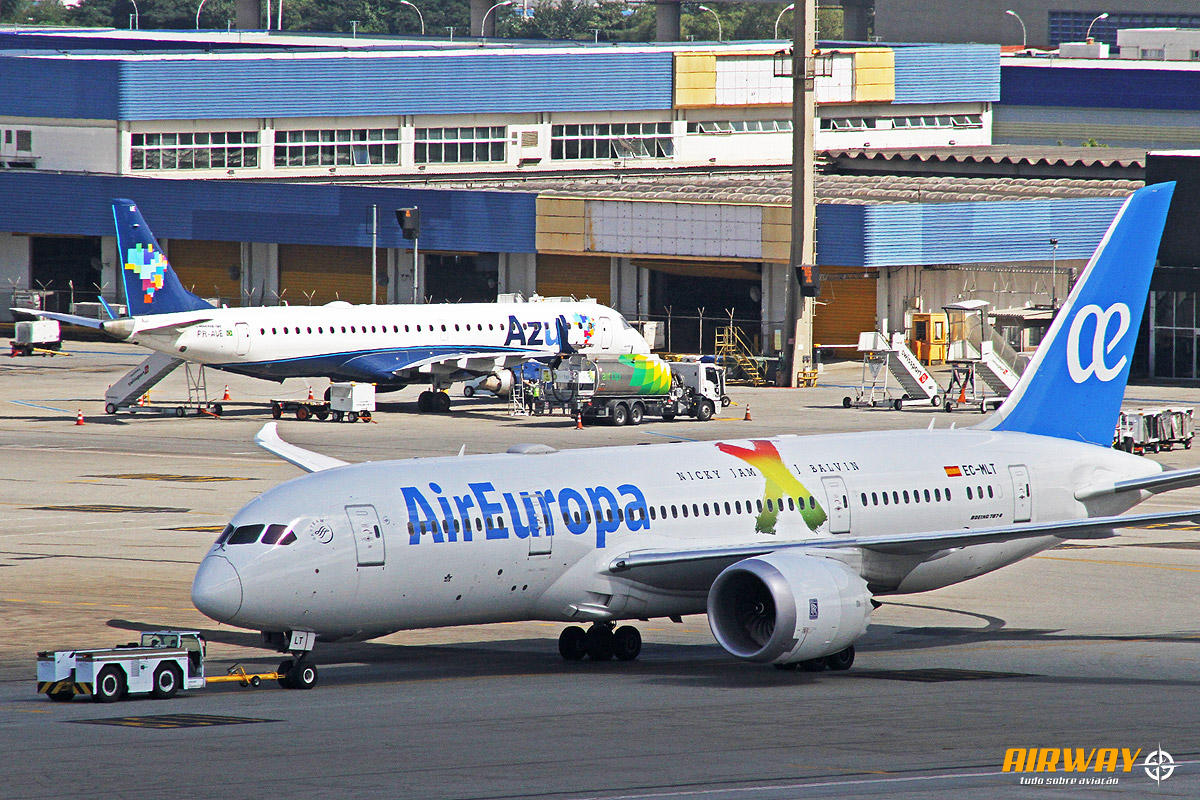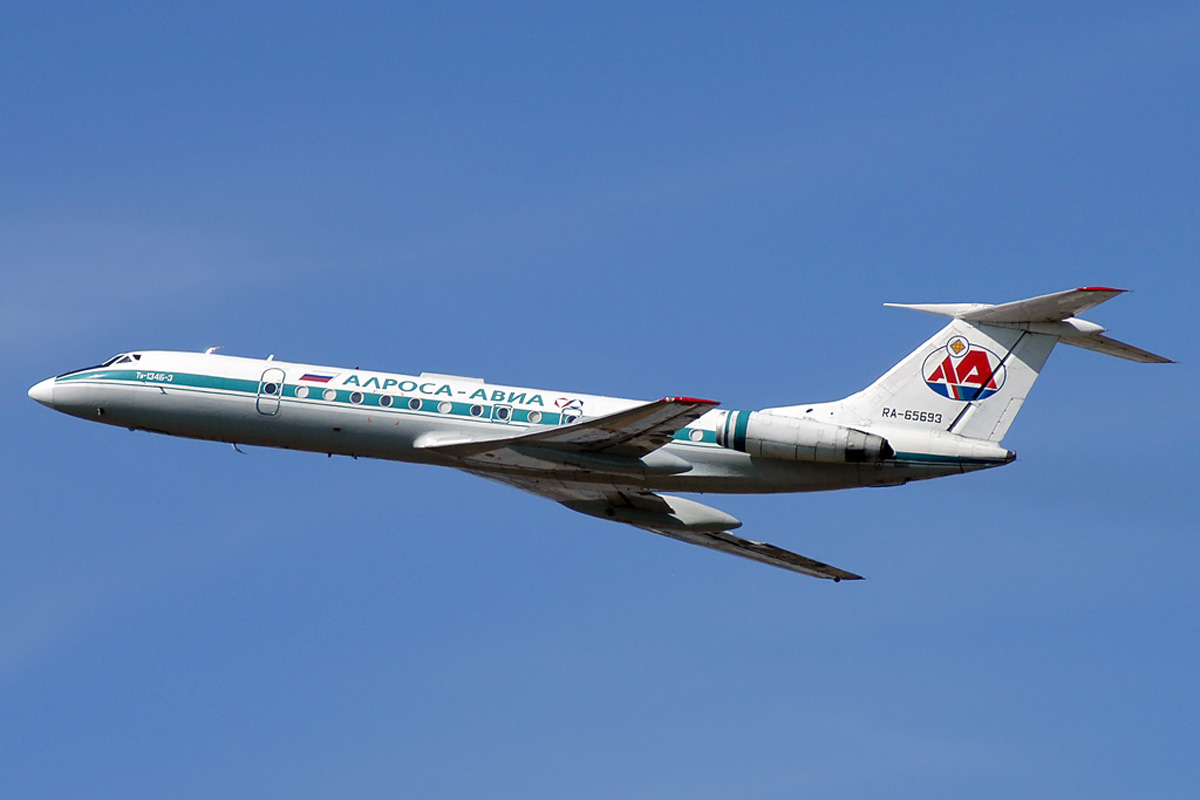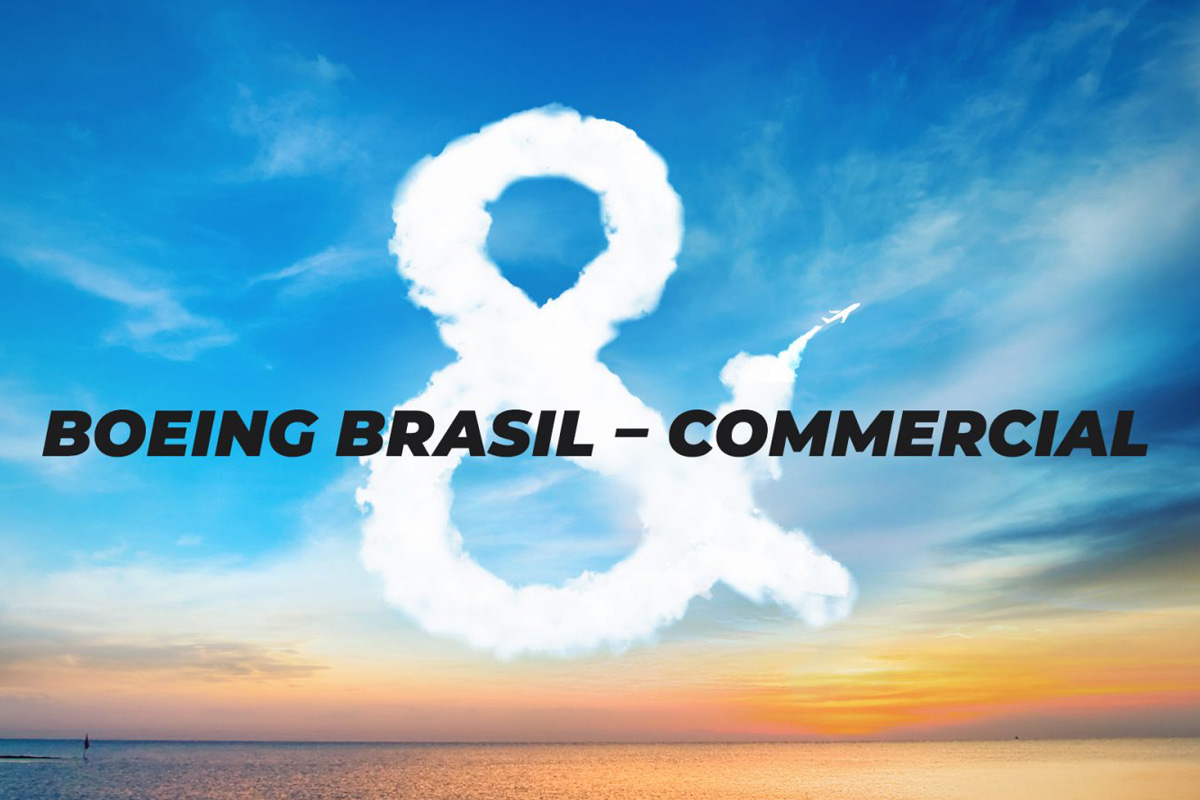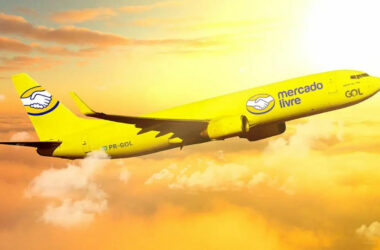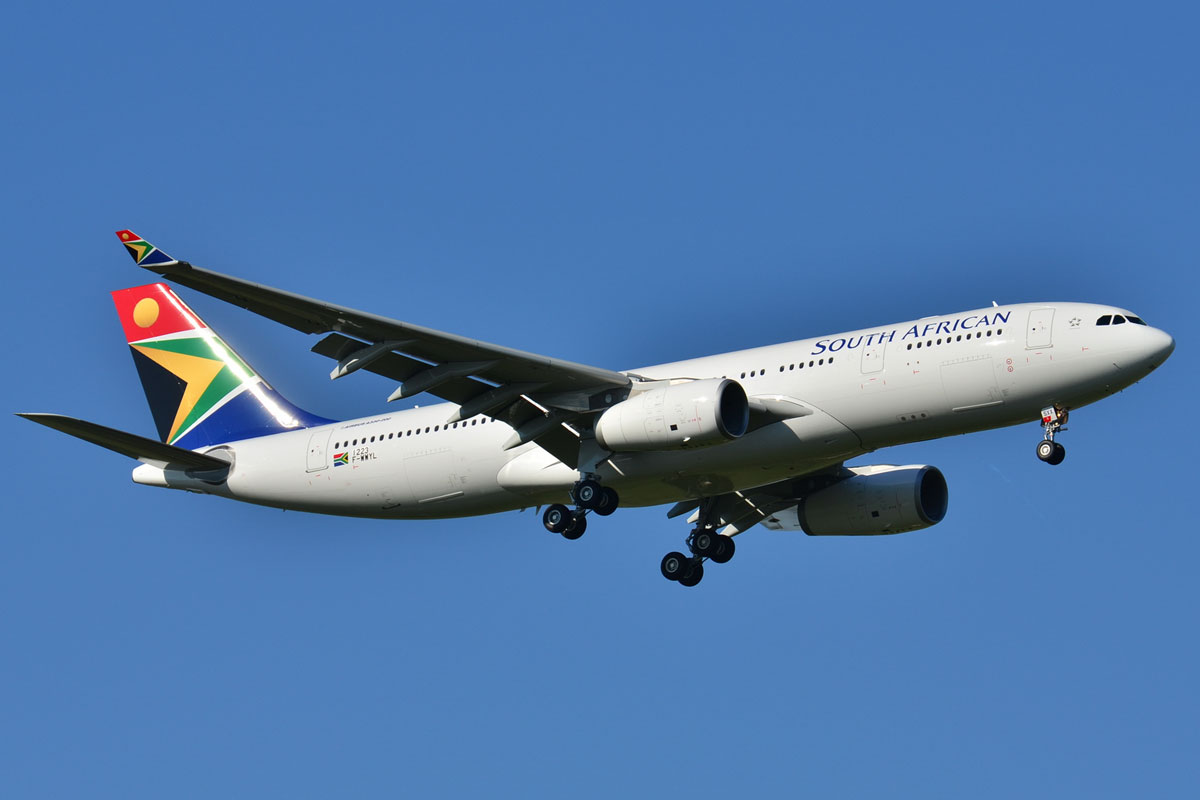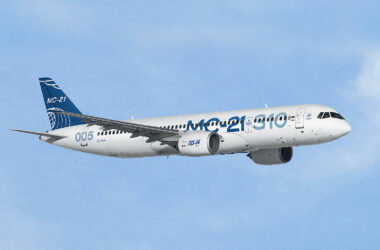After two sessions in the Brazilian parliament, the country’s congressmen approved on Wednesday the opening of the commercial aviation market in Brazil. The law will be sent to President Jair Bolsonaro to be ratified, which should happen soon.
With the new law, foreign companies are able to open subsidiaries in the country or take control of Brazilian airlines. The participation limit, which was 20%, increased to 100% after the approval of the law.
The first foreign airline that requested permission to fly domestic routes in Brazil is the Spanish Air Europa. The company received authorization from ANAC, the Brazilian civil aviation agency, on Wednesday.
International partnerships
Currently, the commercial aviation market in Brazil is divided mainly by three airlines, Gol, LATAM and Azul – until 2018 Avianca Brasil was part of this group, but its participation was reduced after the bankruptcy protection.
The three major Brazilian airlines, however, already have foreign companies as shareholders. While Gol has Delta Air Lines and Air France-KLM, United holds 5% of Azul. LATAM is the most foreign “national” company: although the owners of the former TAM are in thesis those responsible for the Brazilian arm, the group is led by the Chilean family Cueto, founder of LAN Chile.
These foreign partners are expected to expand their participation as competition intensifies. Today Brazil is one of the largest countries in air traffic, despite bureaucracy and high operating costs.
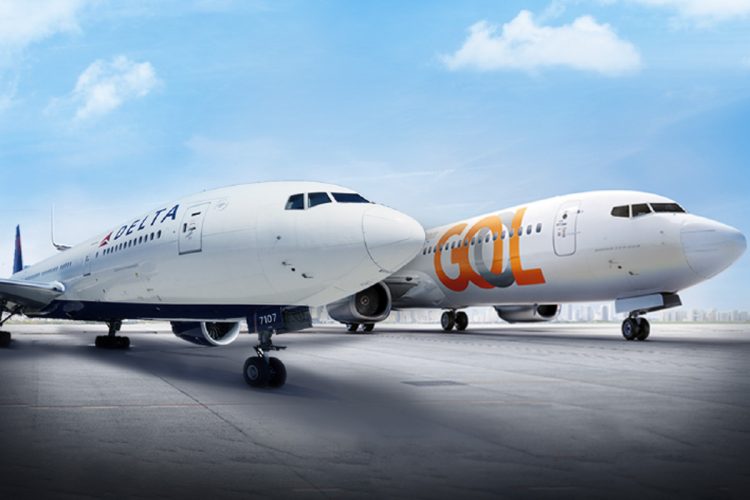
Free luggage
If attracted by its size and market potential, Brazil also causes investors fear of its loose legislation. Both the Congress, the President and the Supreme Court of the country invariably intervene in the rules of the sector, causing legal uncertainty.
One such situation was the approval of the opening of the market, the prohibition of charging for baggage on airplanes. By 2018, the companies no longer offered a franchise for passengers, which caused outrage among users. With this, congressmen included in the bill passed yesterday the obligation to include a baggage of up to 23 kg in airplanes with 31 or more seats.
The obligation has led to complaints from entities such as IATA that are in favor of deregulating the sector. President Bolsonaro, meanwhile, could veto this aspect of the law and preserve the original article, which was expected by political analysts.

